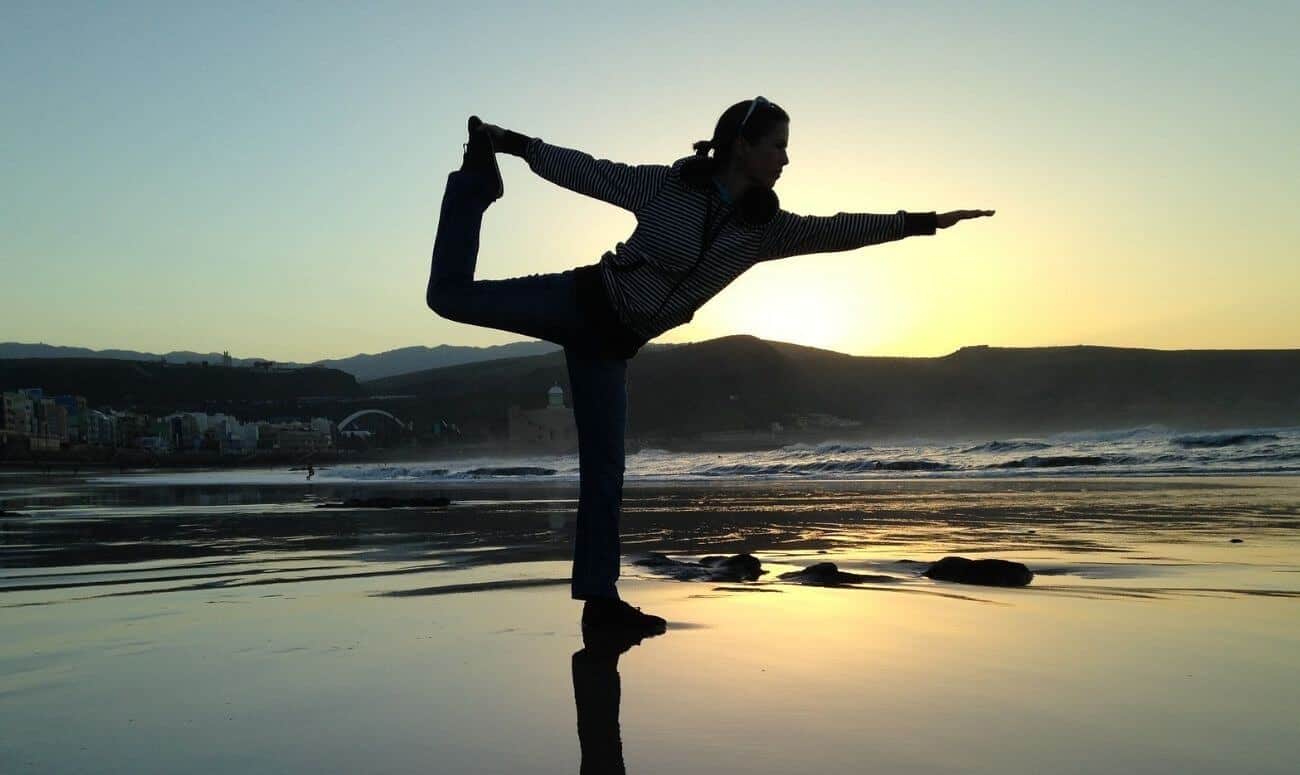Your meditation position is extremely important, not just for your body but for your mind too. Most people begin meditating while sitting on a chair, on the floor, on a yoga mat, or on the ground but these may not always be comfortable for you. The goal of meditation is to guide your mind towards focus, increased awareness, and compassion for yourself. This needs to be reflected in your posture and positioning as well. If you’re in pain or uncomfortable, you won’t have a successful meditation practice. You need to keep in mind that no one-size-fits-all when it comes to a meditation practice. Just like a different type of meditation may work for you best, a different position for meditation may suit your body significantly better. The key is to find it. These 3 alternative meditation positions can be the perfect beginner’s guide to meditation position and posture.
3 Alternative Meditation Positions for You to Try
1. Walking Meditation
Walking meditation can be practised by walking in a circle, back and forth in a straight line or in the form of a labyrinth. It can also be done over a long distance. Instead of focusing on our breath, which we do during meditation, our focal point here is the rhythm of our step. Explained perfectly by the Vietnamese meditation master and peace activist Thich Nhat Hanh, “we should imagine that we print peace, serenity and happiness on the ground.”

The pace can be slow, depending on your body and mind’s preference. You can break each step into six parts or simply stroll mindfully as you please. You could also chant a mantra or count your breath. The finer details vary depending on the specific technique.
2. Movement Meditation
Simply put, movement meditation is a type of meditation in which we are moving; and the number 1 thing to keep in mind while practising it is being mindful. For example, being mindful of your muscles as they move, or the feeling in your feet against the floor as you move.

By doing so, you’ll become aware of the different parts of your body, your heartbeat, your breathing, and even otherwise ignored parts such as the hips, elbows, or cheek. You begin to pay attention to your body’s movements, and how it feels as it moves, bends, and twists. It’s one of the best meditations for stress, as slow movements will relax and calm your mind.
Something as simple as sitting on a beach in a blissful state and picking up handfuls of sand can be movement meditation.
3. Sleep Meditation
Focusing on breathing from the abdomen and being aware of the breaths that you take in and breathe out can relax your body during the day and at night as well. Some people find a dimly lit room to be helpful when practicing abdominal breathing. You can also close your eyes or listen to soft music as you focus on breathwork. Try lying in bed tonight with your hands placed on your belly. As you breathe in and breathe out, your hands will gently move with your stomach. Focus on this movement as a way to take your mind off of your busy thoughts.
This guided meditation can help you get a good night’s sleep.
Whichever one you choose; you need to be careful not to force yourself into something that doesn’t feel natural and authentic. Don’t force yourself to feel comfortable in a certain position, instead listen to what is causing the distress and rectify that. Happy Meditating!
Read More: 11 Of The Most Iconic Indian TV Shows
Like & Follow ThinkRight.me on Facebook, Instagram, Twitter, Pinterest and Telegram to stay connected.






























